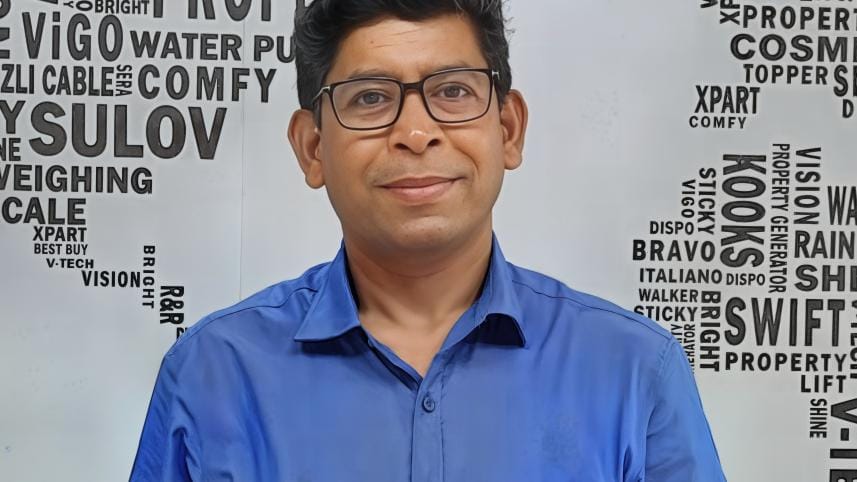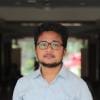Expanding WASH access through local innovation

The Daily Star (TDS): How have RFL's low-cost sanitation innovations improved hygiene outcomes in rural communities, and what evidence supports these improvements?
R N Paul (RNP): RFL began its 'Shine' brand to make hygiene affordable and accessible for all. Partnering with iDE introduced innovation, leading to designs like low-commode toilets with a self-closing cover that reduces fly-borne diseases. Combining RFL's manufacturing capacity with iDE's design expertise turned such ideas into practical, market-ready solutions. Together, they developed several affordable sanitation products improving rural hygiene.
Recognising the link between sanitation and running water, RFL created a low-cost system integrating a water tank, pump, and plumbing set to support handwashing. The 300-litre recyclable tank, offered with a buy-back scheme covering up to 70% of its value, ensured both affordability and sustainability. These initiatives have transformed hygiene and health outcomes in rural Bangladesh by making proper sanitation and access to running water a practical reality for low-income households.
TDS: What models have proven most successful in building and sustaining rural entrepreneur networks for WASH product distribution?
RNP: RFL's distribution model is built on scale, affordability, and reach. As demand for low-cost sanitation and water solutions grew, the company expanded its production capacity and logistics network. Currently, RFL's products reach almost every village in Bangladesh through distributors, small retailers, and around 400 sales staff, including 500 exclusive dealers who earn their livelihoods from WASH product sales. Affordable, high-quality products have earned lasting customer trust, turning Shine goods into sustainable household solutions. The model also promotes a circular economy, as RFL repurchases old recyclable materials, reducing waste and costs for both customers and distributors.
TDS: How do you ensure your solutions are tailored to the environmental, cultural, and logistical realities of remote and underserved communities?
RNP: RFL's extensive distribution network spans 5,000 distributors across 600 upazilas, ensuring coverage even in the most remote unions. To maintain affordability and access, the company absorbs extra transport costs to challenging regions such as riverine and hilly areas. This prevents price hikes that could exclude low-income customers. By standardising retail prices nationwide, RFL guarantees equal access to sanitation and hygiene products everywhere. The model works effectively in remote areas like Netrokona and the Chattogram Hill Tracts.
TDS: What role has iDE played in strengthening supply chains and improving access to sanitation products in low-income areas?
RNP: RFL and iDE turned innovative sanitation designs into affordable solutions. Several of these innovations, first successful in Bangladesh, are now exported to African countries through iDE's global network. Bangladesh remains the manufacturing base for cost efficiency, as local infrastructure supports large-scale production. The designs, optimised for shipping and stacking, highlight how local innovation can achieve global impact through strong partnerships.
TDS: How do you monitor the long-term sustainability and behaviour change associated with your WASH interventions?
RNP: Sustainability drives every aspect of RFL's operations, reflected through product quality, affordability, and recyclability. RFL Plastics also partners with NGOs such as iDE, UNICEF, and BRAC to support awareness and behaviour change initiatives. Since 2013, SATO and RFL have improved sanitation for over 22 million people, contributing significantly to Bangladesh's national coverage. To further its sustainability efforts, RFL has established a robust recycling network, with major facilities in Habiganj and smaller units in eight to ten other regions. Collected waste is washed, processed, and converted into granules under strict no-child-labour standards.
iDE, a global nonprofit organisation in 12 countries since 1984, drives poverty reduction through market-driven solutions in Bangladesh, scaling agriculture, WASH, climate resilience, clean energy, and women's empowerment.
This content has been published under 'Catalyzing Markets' - a media campaign jointly initiated by iDE and The Daily Star. This interview is conducted by Md. Zahidur Rabbi.




 For all latest news, follow The Daily Star's Google News channel.
For all latest news, follow The Daily Star's Google News channel.
Comments